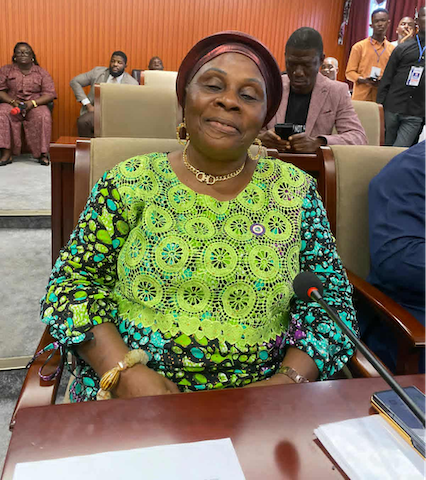Liberia tables bill for national student-loan fund
Liberia proposes a US $60 million student-loan fund with 5 % rates and digital repayment under CBL oversight as yields (US10Y) ease and trade metrics (BDI) hold steady.

Liberia’s education financing debate gained traction after Representative Marie Johnson introduced a bill to establish a national student-loan program aimed at widening tertiary access and reducing financial exclusion among young Liberians. The draft legislation, tabled in parliament on 24 October 2025 and reported by AllAfrica / The Investigator, would create a revolving fund managed jointly by the Ministry of Finance and the Central Bank of Liberia (CBL).
The proposal envisions an initial capitalization of about US $60 million sourced from budget reallocations, concessional partners, and domestic bond issuance. If passed, the fund would provide low-interest loans to students in accredited institutions with repayment beginning two years after graduation. Interest rates would be capped near 5 %, substantially below current market levels above 15 %, while defaulters would face payroll deductions once employed.
Liberia’s tertiary enrolment remains under 20 % of eligible youth, constrained by income inequality and limited scholarship coverage. Annual tuition fees average L $90 000–120 000 (≈ US $480–640), unaffordable for most households. Education accounts for 15 % of the 2025 budget, but only one-third of that reaches universities and vocational schools.
Economists at the University of Liberia estimate that every US $1 million invested in higher-education loans could lift long-term GDP by 0.05 percentage points through productivity gains. The scheme’s fiscal impact is considered manageable: debt-to-GDP is 48 %, and the deficit has narrowed to 3.1 %. The CBL indicated readiness to administer the fund using existing micro-finance infrastructure and digital wallets, thereby minimising overhead.
Globally, the timing aligns with declining frontier-sovereign yields (US10Y) and stable commodity prices (BDI), conditions that could ease external financing. The IMF’s recent Article IV review urged Liberia to increase human-capital investment to sustain growth beyond resource extraction.
If enacted by mid-2026, the student-loan fund would mark Liberia’s first domestically financed education-credit scheme. Analysts caution that governance safeguards will be crucial—previous attempts in 2009 and 2014 faltered amid weak loan recovery. The current bill’s inclusion of payroll integration and credit-bureau reporting may mitigate those risks and set a precedent for sustainable social-lending architecture across West Africa.





